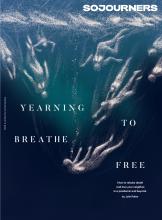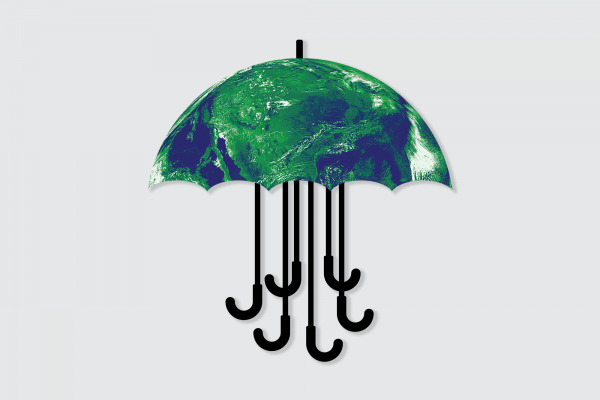ALMOST FROM THE first day of the COVID-19 crisis, the question in the back of many minds has been: How soon will this be over? When can we get back to normal?
For irresponsible people, the answer has been: Now. Schooled by a lifetime in a consumer society, deprivation of any kind seems impossible, hence the pictures of people demanding, sometimes at gunpoint, that the barber shop or sports bar be opened back up.
For more responsible souls, the answer has been: Once we have enough tests. Or once we have good treatments for the coronavirus. Or once we have a vaccine.
But the real answer, in some sense, may be never.
Because, of course, this pandemic is just one crisis buried within a much larger one: the reaction of the natural world to the demands placed on it by a species making unprecedented demands.
Read the Full Article

